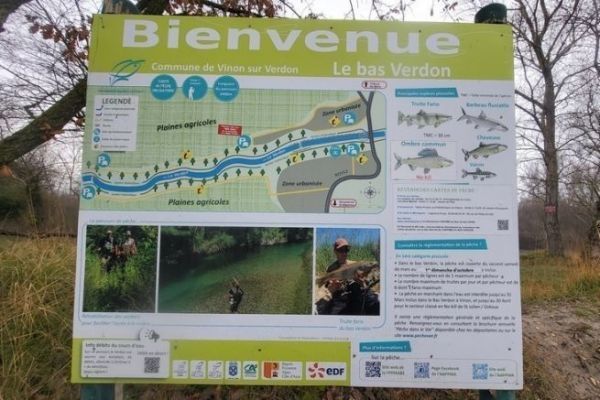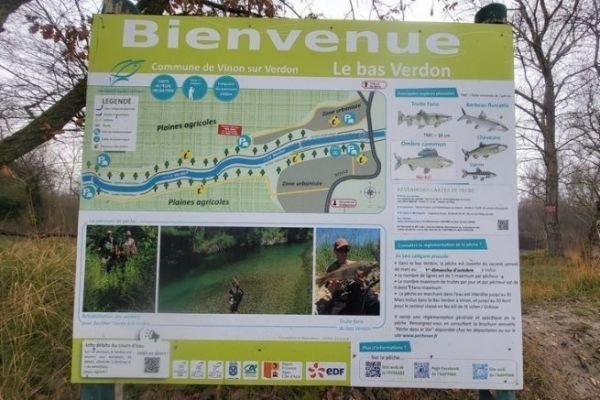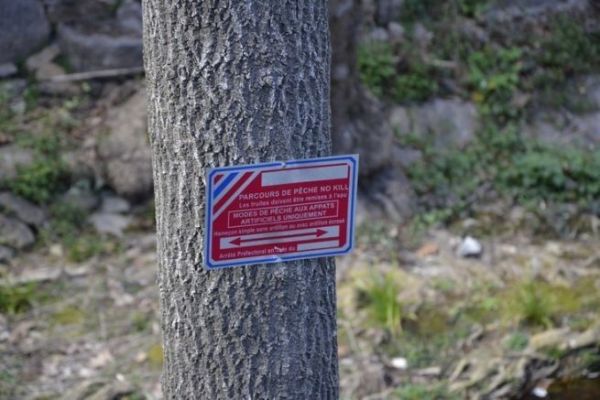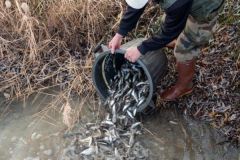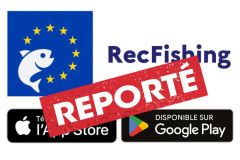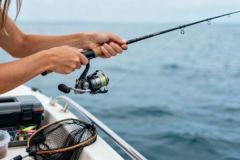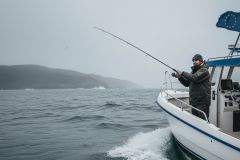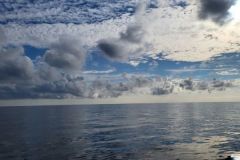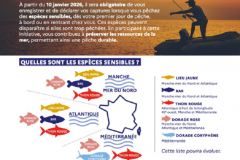Contracts for fishing activities
Fishing leases are contracts by which the State, as owner of the right to fish in the public domain (rivers, canals, bodies of water), temporarily grants this right to professional or amateur fishermen, usually for a period of 5 years. These leases enable their holders to fish on specific stretches of river or body of water, known as "‚eurosĮlots de p√™che‚eurosĮ", in compliance with a set of specifications that define the operating conditions (rules, periods, species, authorized techniques, etc.).
Why fishing leases?
The aim is to regulate fishing activities in order to protect aquatic resources and the environment, while ensuring fair access for all types of anglers. To obtain a fishing lease, you need to apply to the relevant authorities (often the prefecture or the water police).
A fishing lease is therefore an official authorization, limited in time and space, to fish in regulated conditions on public land.
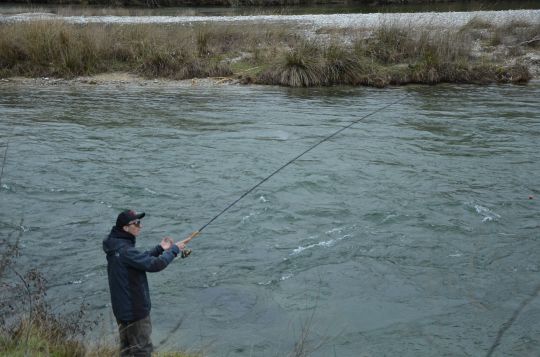
Differences between amateur and professional fishing leases
Professional leases‚eurosĮ: are awarded for a renewable 5-year period, and are issued on the recommendation of a specialized commission. They are nominative, and require the applicant to demonstrate his or her ability to manage the resource sustainably, and to present an operating program. They are intended for economic fishing activities, with the possibility of marketing the fish caught. They require compliance with quotas, strict specifications and sometimes the obligation to keep a catch book. In addition, professionals have access to a wider range of gear and nets, in larger quantities and sizes, depending on the specifications of the allocated lot.
Amateur leases‚eurosĮ: generally annual, with renewal each year. They are also nominative, but the conditions of attribution are more flexible. Intended for leisure or recreational fishing, with no profit motive. Catches cannot be sold, and use is strictly personal. For amateurs, access is limited to certain gear and nets, with tighter restrictions on the number, size and type of gear that can be used. The use of certain nets (e.g. drift nets) is strictly regulated.
Fishing leases and AAPPMAs
Departmental fishing associations (AAPPMA‚eurosĮ: Associations agr√©√©es de p√™che et de protection du milieu aquatique) play a central role in the allocation of fishing leases on public land. Their state-approved status recognizes their commitment to the sustainable management of aquatic environments and the promotion of recreational fishing.
These associations are often the main candidates for amateur fishing leases, as they collectively represent the department's anglers and manage, monitor and maintain the fishing lots.
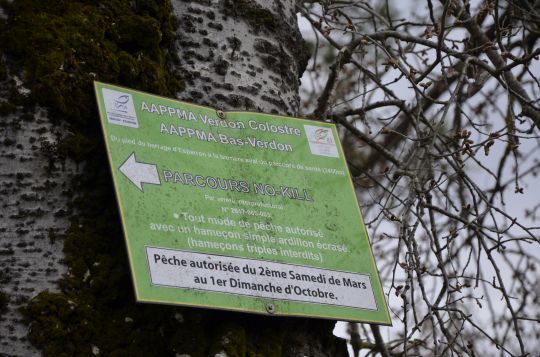
Their accreditation gives them the legitimacy and legal capacity to enter into leases with the State or local authorities, enabling them to officially manage fishing grounds for the benefit of their members.
When awarding a permit, the authorities (prefecture, water services) take into account the association's ability to manage the environment sustainably, comply with regulations and implement actions to protect and enhance the fish heritage.

 /
/ 